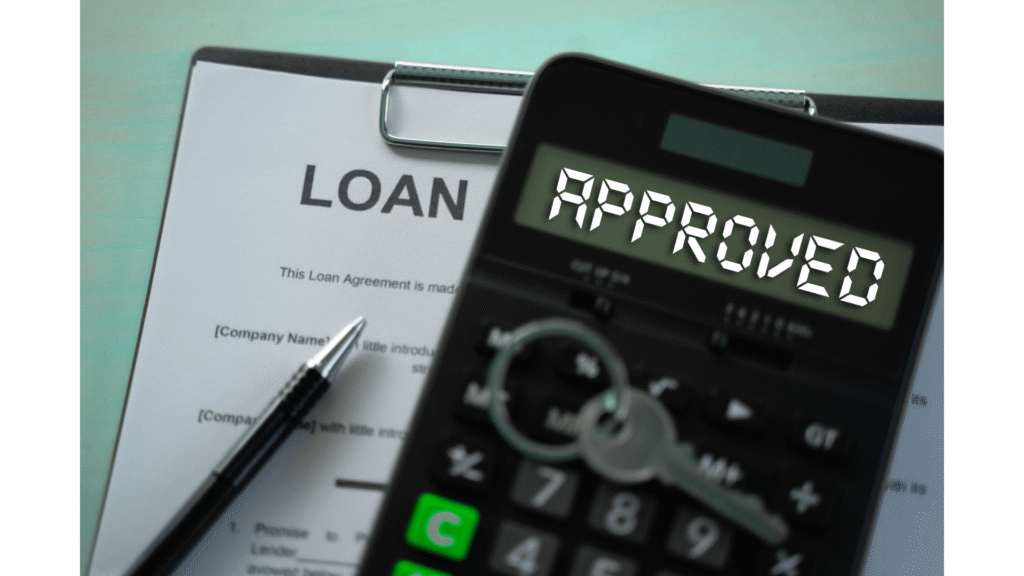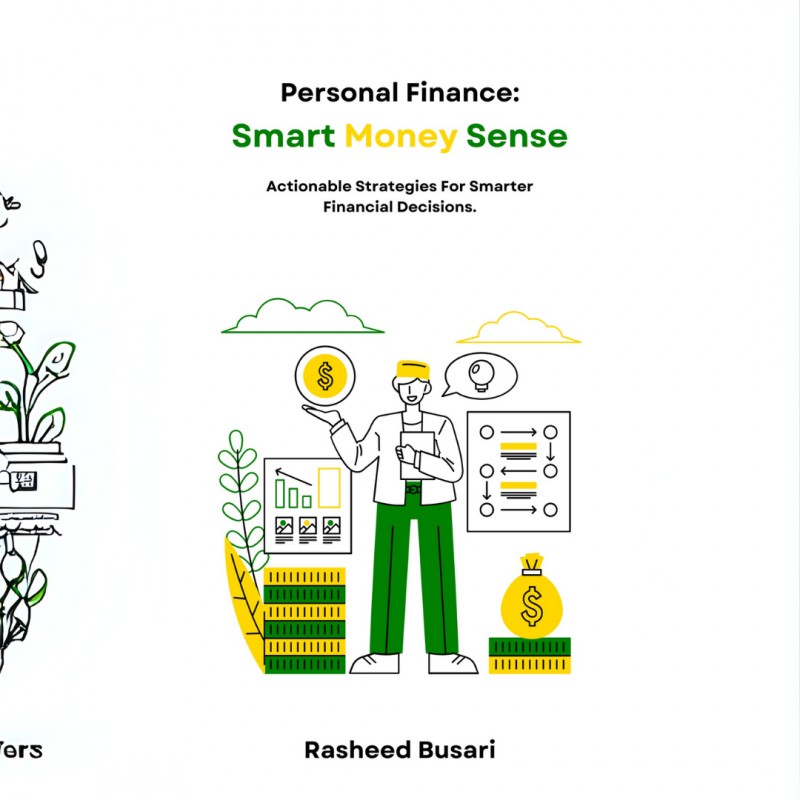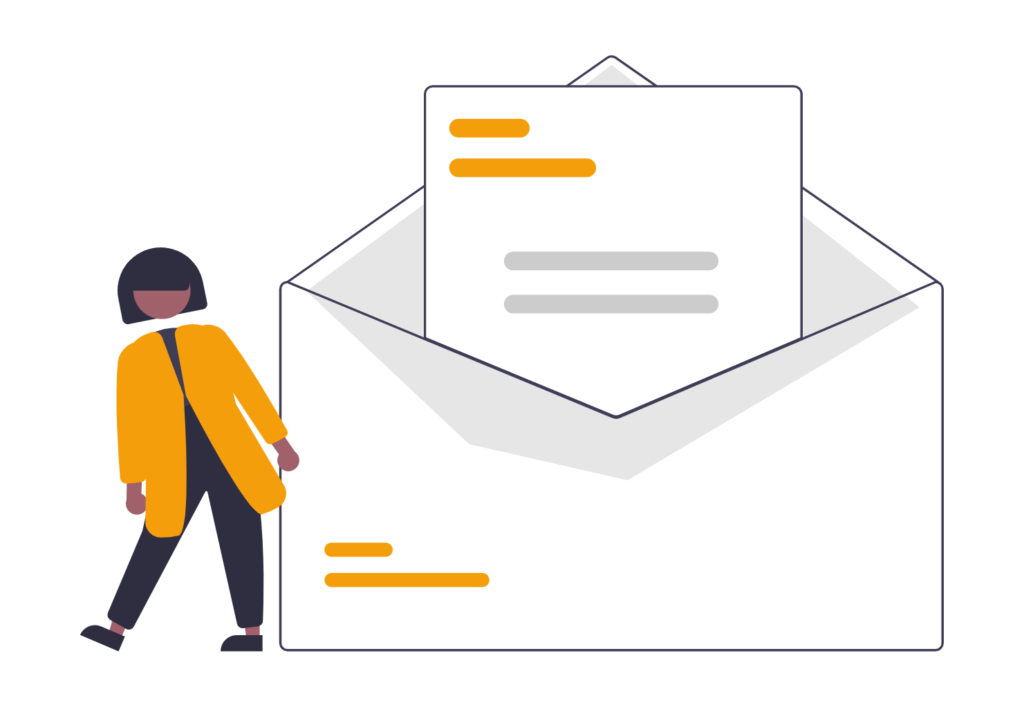Last Updated on 19/04/2025 by Rasheed Busari

The continued decline in Nigeria’s economic situation and the erosion of citizens’ purchasing power, many people have turned to “instant loan apps” as a quick fix to their financial challenges. Armed with just a smartphone or even a basic mobile phone, these loan apps can be accessed easily, either through a mobile app or a USSD code. This instant loan has contributed to increase in loan app harassment reported in the country. In year 2024, more than 60% of Loan app user lodge complaints of various harassment to the FCCPC.
Beyond the economic hardship, the number of Nigerians without access to traditional banking services continues to rise. For many, the easiest and sometimes only gateway to financial services is through financial inclusion powered by mobile phone technology. This has contributed significantly to the surge in fintech loan apps and the growing number of citizens who rely on these platforms to meet urgent personal or family financial needs.
The Hidden Dangers and Harassment Tactics Behind Loan Apps.
While instant loan apps offer speed, convenience, and accessibility, they also come with a grey side (Harassment) that many borrowers only discover after it’s too late.
Unfortunately, for a lot of loan app users, what serves as a quick solution to sudden financial challenges turns into a nightmare filled with harassment, public shaming, privacy violations, and emotional trauma. These tactics are unethical, and in many cases, illegal, but they’re still being used because of lack of awareness and poor regulatory oversight by relevant regulatory authorities.
Below are some of the common dangers and harassment tactics employed by many unlicensed and predatory loan apps in Nigeria:
1. Contact List Invasion
Once you download the app and grant permission, many loan apps gain access to your contact list. If you default in loan repayment, even for a day, they begin sending threatening and embarrassing messages to your friends, family, colleagues, and even your boss, falsely accusing you of being a fraud or criminal. This is one of the most humiliating tactics they use. To avoid this contact list invasions loan app harassment, do not grant permission to contact list while onboarding on the loan app.
2. Defamatory and Threat Messages
Borrowers receive messages with insults, blackmail, threats of arrest, or fake legal actions. These messages are designed to intimidate, shame, humiliate, and force repayment, even when the borrower is actively trying to settle the loan. To avoid this type of loan app harassment, make your repayment on time and ensure to collect a letter of non-indebtedness when the loan has been fully paid down.
3. Unfair Interest Rates and Hidden Charges
Many loan apps advertise low interest rates, but later apply hidden fees, rollovers, and penalties that make repayment almost impossible. A loan taken with an advertised 11% monthly interest could jump to over 25% in just a few weeks due to these hidden charges. To avoid this type of loan app harassment, request all the charges, fees, and interest rates incidental to loan offers before clicking “submit” on the loan app.
4. Short Tenure and Auto-Debits
Some loan apps offer loans with unrealistic short repayment windows, sometimes just 7 days, to entice susceptible borrowers. They may also link your bank account and initiate unauthorized debits, draining your funds without warning, even after paying down the loan. To avoid this, ensure the auto-debit instruction and debit card linked to your loan app are cancelled after paying down the loan.
5. Lack of Customer Support or Dispute Resolution
Borrowers often find it difficult to speak with a real customer service agent. Most apps have no structured system and physical location to handle complaints, disputes, or even correct errors in repayment records.
How to Avoid Loan App Harassment in Nigeria.

The surge in digital lending and, particularly, loan apps in Nigeria has made access to quick loans easier than ever. With just an internet enabled phone, you can secure a loan to meet your urgent personal and family needs within minutes. But for many Nigerians, this convenience has come at a cost: loan app harassment. From threatening messages to embarrassing calls to family and colleagues, many borrowers have found themselves victims of unethical recovery practices. Below are practical tips to help you stay safe:
1. Borrow Only from Licensed Loan Apps
This is your first line of defense and the most important pivotal factor in picking a loan app for an instant loan offer. Many of the loan apps going rogue are not licensed by any regulatory body. Always verify if the app is approved by the Central Bank of Nigeria (CBN) or Federal Competition and Consumer Protection Commission (FCCPC).
How to check:
- Visit the CBN or FCCPC website for a list of approved digital lenders.
- Check if the app appears on their official register.
If the app isn’t listed, please do not download or take the offer.
2. Read the Terms and Conditions Carefully
Before applying for any loan, don’t skip the agreement, terms and conditions section. Most loan apps have very tiny lengthy terms and conditions difficult to read digitally. However, FCCPC and NDPA has mandated financial institutions to make important terms and conditions bold and easy to read in a bullet point for customer to read and understand. Look out for:
- High penalty fees for late payments
- Permission to access your contacts or social media
- Terms that allow them to send messages to third parties
If anything sounds off and unreasonable, do not continue with the loan application, it’s probably best to stay away.
3. Avoid Sharing Excessive Personal Information
Many unlicensed loan apps request access to your entire phone contacts, gallery, location, even SMS (messages). This is where harassment begins. Only give access to information necessary for your loan application. Reputable apps usually ask for your BVN, ID, and maybe salary details, not your phonebook and picture gallery.
4. Borrow What You Can Comfortably Repay
This sounds simple, but it’s where many borrowers get it wrong. Don’t borrow out of pressure or overestimate your repayment capacity. Ensure your repayment amount is not more than 30% of your income. If you fail to repay on time, some apps will begin to call or message your contacts with defamatory statements. Avoid this by borrowing responsibly and reasonably.
5. Repay Early and On Time
Nothing protects you better than timely and early repayment. Once you receive the loan, set a reminder for the due date and start planning repayment immediately. Late repayment triggers penalties and often initiate the harassment cycle.
6. Report Harassing Apps
If you ever fall victim to loan app harassment, don’t stay silent. Report the app to:
- FCCPC
- CBN
- Google Play Store: Leave a review and report the app
- Police (if necessary): Especially if threats or blackmail are involved
7. Check Reviews Before Downloading Any App
Before using a loan app, scroll through user reviews on the Play Store or the App Store. You’ll often find red flags in other users’ experiences, complaints about harassment, high interest rates, or app glitches. Don’t just read the 5-star reviews. The real gist is usually in the 1-star and 2-star ratings.
Checklist to Avoid Loan App Harassment in Nigeria.
Use this checklist before applying for any digital loan in Nigeria:
Before You Download the App
- Check if the loan app is licensed by CBN or FCCPC and compliant with NDPA Act
- Read user reviews of the loan app (especially 1-star and 2-star ratings)
- Visit the official website of the lender (if available)
- Avoid apps that ask for excessive permissions (contacts, gallery, SMS, Location, etc.)
Before You Apply for the Loan
- Read the Agreement, Terms & Conditions carefully
- Understand the interest rate and repayment period
- Check for hidden fees or penalties
- Confirm if they disclose their data and privacy policy
- Ensure the app does not have a history of defaming borrowers
When Applying
- Provide only necessary information incidental to the loan application (e.g. BVN, ID, income, etc.)
- Avoid apps that require full phonebook access
- Don’t borrow more than you can comfortably repay
After Disbursement
- Set a reminder for your repayment date
- Create a repayment plan immediately
- Repay on or before the due date to avoid penalties and harassment
If You Experience Harassment
- Report the app to FCCPC
- Leave a review on the app store
- Report the app to CBN
- Report the app to NDPC
- Consider filing a report with the police, if threats or defamation occur
Conclusion
Loan apps can be useful, especially in emergencies. But not all of them play by the rules and regulations. The key is to stay informed, understand personal finance and never let desperation push you into the hands of unethical lenders. Thanks to FCCPC and NDPA, Nigerians now have the backing of strong laws and institutions to protect them from abusive and unethical lending practices. Report any abuse or unethical lending practices now to save Nigerians.






Wonderful goods from you, man. I have understand your stuff previous to and you’re just too fantastic. I really like what you’ve received right here, really like what you are stating and the way in which wherein you assert it. You’re making it enjoyable and you still care for to stay it smart. I cant wait to learn much more from you. This is really a terrific site.